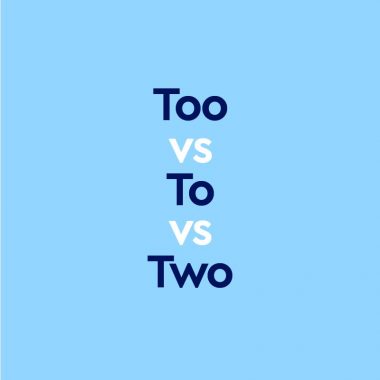Aisle vs. Isle: Learn The Differences
The words aisle and isle are pronounced exactly the same and have nearly the same spelling. However, they have completely different meanings. In this article, we will break down the different meanings of aisle and isle and give a helpful tip to easily remember the difference between the two words. Is it aisle or isle? The noun aisle is typically used to refer to a …








